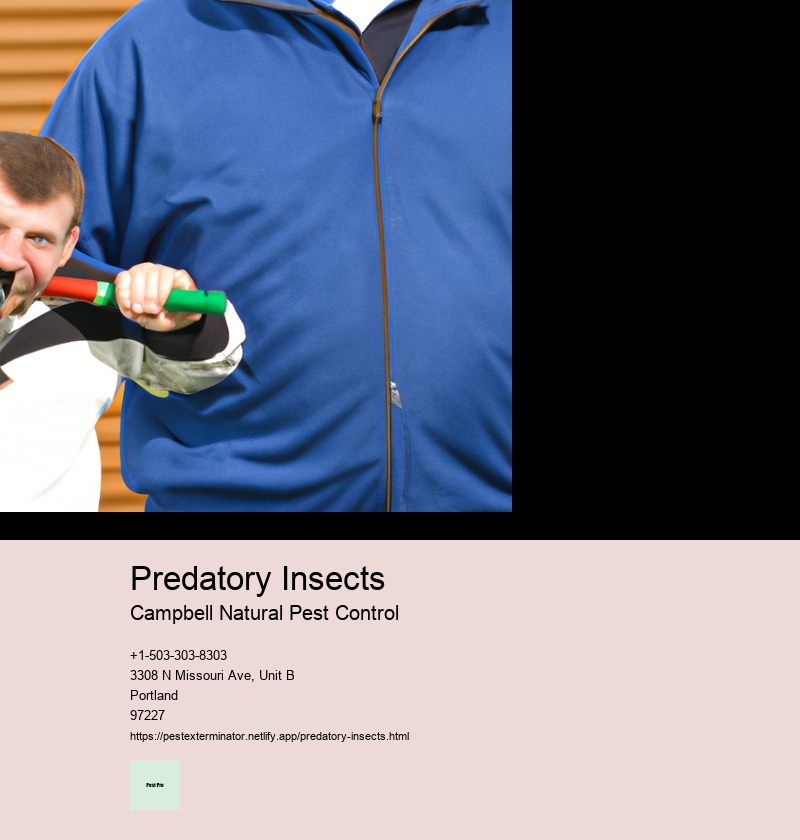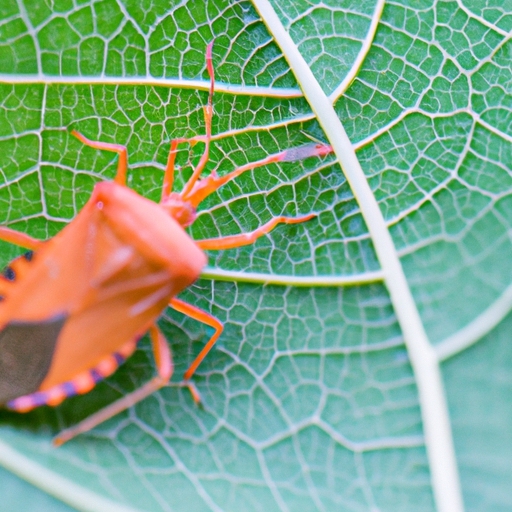Predatory Insects
eco-friendly pest control
Predatory insects are fascinating creatures that (play an) important role in our ecosystems! They hunt and kill other organisms for food, which helps keep populations of their prey under control. However, there are many different types of predatory insects, each with its own unique behavior and capabilities.
One type of predator is the praying mantis, a large insect that can turn its head 180 degrees to survey its surroundings. The mantis uses its powerful forelegs to snatch up unsuspecting victims and devour them alive. Another type is the assassin bug, which preys on a wide variety of small animals including spiders and beetles. It uses long proboscises to inject venom into its prey before consuming it.
In addition, dragonflies are also carnivorous insects. They have an incredible ability to hover mid-air while they search for food such as small flies or mosquitoes. The dragonfly then quickly dives down and grabs its victim before flying away again!
Finally, ants serve as another example of predatory insects due to their aggressive hunting behavior and teamwork mentality when searching for food. Ants can detect scents from a distance and use pheromones to communicate with each other about potential sources of sustenance in their environment.
Hence, these amazing creatures can be found everywhere around us playing an important role in nature's balance!



